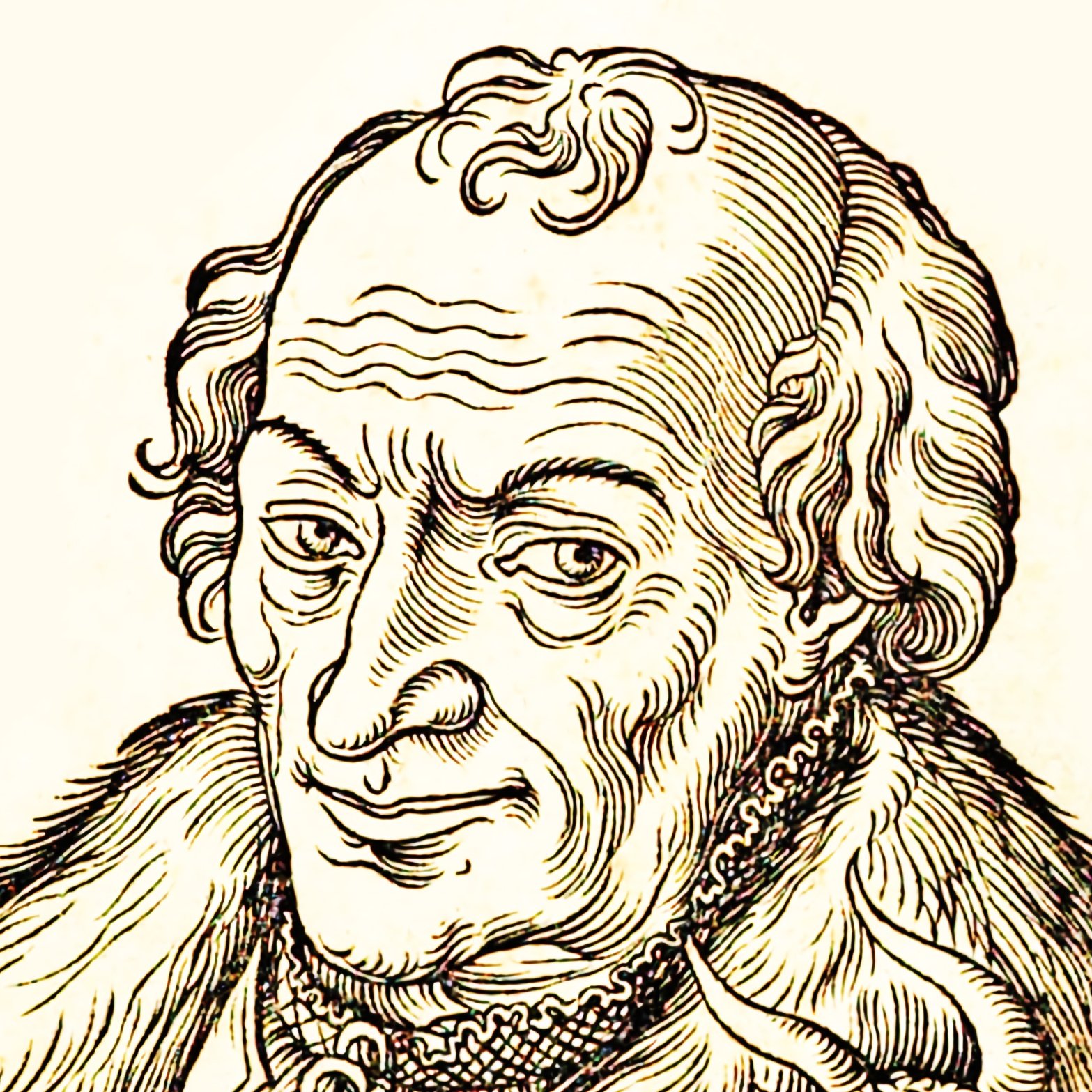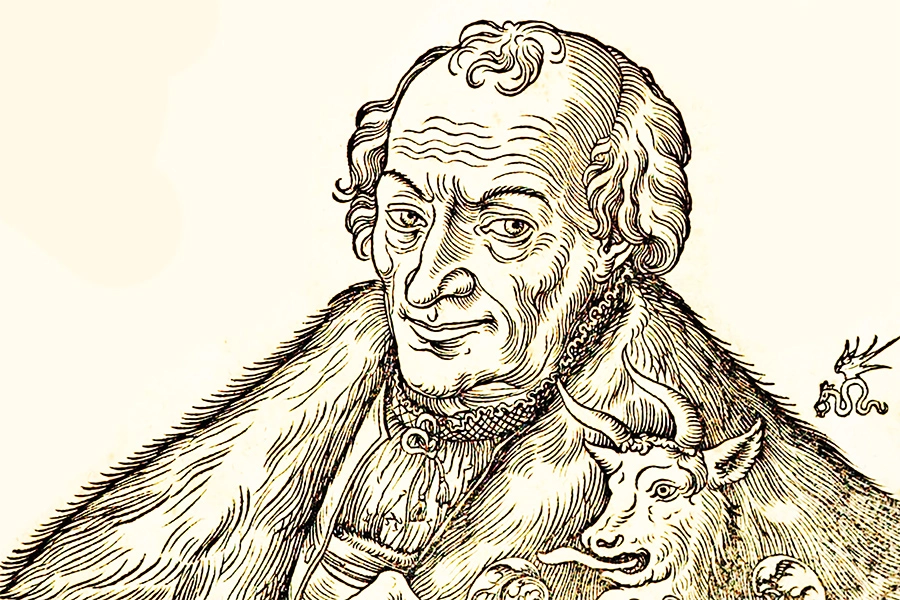Recently, I have noticed that more and more people with miniscule or complete lack of experience in HEMA partake most loudly and actively in online discussions.
One could say that this is a typical characteristic of online discussion – the loudest, not the most knowledgeable, is heard.
HEMA as a community has always been very open. Anyone can do HEMA. Anyone can read the treatises. Anyone can train. Anyone can have interpretations. Anyone can have theories. Anyone can make a group, a club, a school, an academy.
Maybe it is this that gives so many people the idea that there are no authorities in HEMA.
It probably also helps that ‘authority’ in HEMA is not like authority in other historical disciplines.
There are no HEMA journals, where peers review each other’s research. There are historical journals, where some HEMA researchers publish, there are historians who publish extremely relevant research that is key for HEMA, without being a part of it, but there is no academic authority for HEMA.
There is no World Historical European Martial Arts federation, committee or association that decides who is or who isn’t a HEMA instructor. There are some organizations that create exams and give diplomas, but they are not worldwide and are as authoritative as the degrees, titles and ranks that any club or school decides to give.
There is no World Championship. There is no one champion of all, despite HEMA Ratings – the first in almost every category is a different person (Francesco Loda currently holds the top spot in two). There are no undefeated champions.
Yet there is authority in HEMA. And because of both the nature of knowledge and the specifics of our Arts, it is based mainly on one thing – experience.
People know that Jeffrey Forgeng, Tom Leoni, Christian Tobler, Guy Windsor,
Reinier van Noort and many others are authorities in translations. They and others have been working for years, many of them on multiple sources, making them accessible to all of us.
People know that Keith Farrell, Daniel Jaquet, Piermarco Terminiello, Jens Peter Kleinau, Michael Chidester, Ton Puey and many others are researchers and interpreters that have provided all of us with insights into the context of the times, the fencing sources and the other relevant materials from the periods we study. They have interpreted structures, techniques, terms and ideas.
People know experienced instructors who teach all around the world – and I don’t want to be filling paragraphs with names or skipping anyone. People know great fighters in various disciplines with hundreds of fights all around the world; athletes who, even with the youth of the HEMA competitive world, can easily be called great fencers.
People know smiths like Peter Johnsson and James Elmslie, translators like Forgeng (I know I mentioned him already), even academics that are not with us anymore like the late Ewart Oakeshott, who do not do HEMA, but without whom HEMA would not exist as it is today.
We all know those people because of the work they have done. Some are more well-known, others less so, but sooner or later we read their names, their books, their ideas, or see them in the flesh, if we are lucky.
We don’t pretend anyone is an expert in everything, nor do they – the great people in HEMA usually know their strengths, because they have worked for them to become their strengths. Many are more than one thing – there are translators who compete, researchers who teach, interpreters who translate and every other combination. And again, their experience and work is easily traceable.
So, if you have just started HEMA a year or two ago, and a question pops up on a HEMA forum somewhere, a debate starts, opinions are thrown around… Then most of all, know who you talk to and learn first. State your ideas second, argue third, and act with authority when you have the experience and work to have authority. All of them have been the newbies, and they are what they are today because they worked hard to learn, not because they screamed the loudest online in mIRC, AOL, ARPANET or wherever they communicated in the Stone Age.

PS: If you recognize yourself, I am probably not talking about you.


you forget to mention wonderful interpreter known as Mr. Krustev
LikeLike
Aah, almost didn’t approve that. I am on the path, just not far along to be mentioned 😀
LikeLike